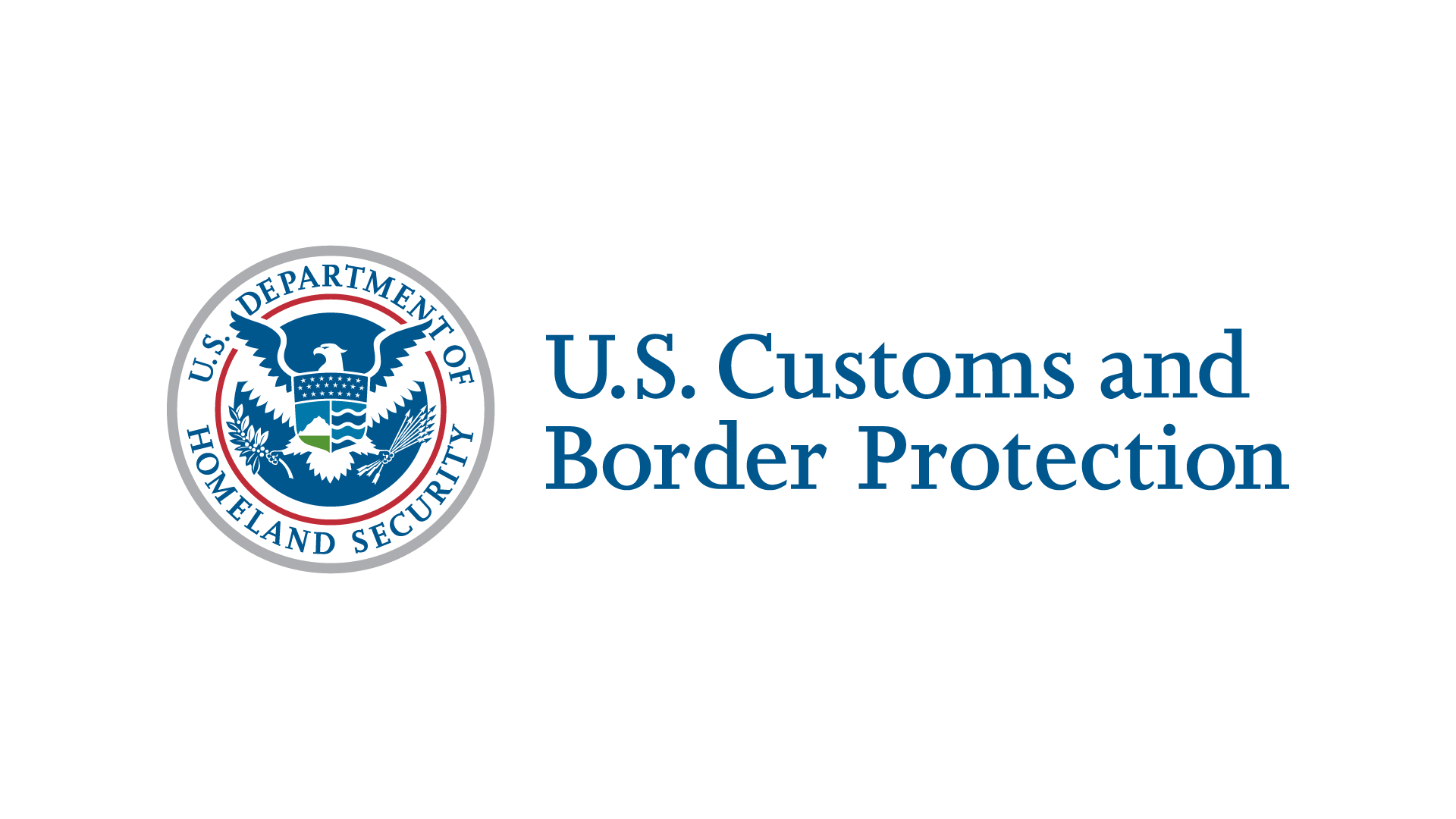CBP Preparing to Enforce Forthcoming Ban on Imports Made in Xinjiang, China
U.S. Customs and Border Protection is starting to position itself to effectively enforce a ban on imports of all goods made in whole or in part from any good from the Xinjiang Uyghur Autonomous Region in China, which takes effect June 21.
The Uyghur Forced Labor Prevention Act effectively deems all goods mined, produced, or manufactured in the XUAR to be produced by forced labor in China. Under this law, imports of such goods will be banned unless CBP determines that (1) the importer of record has fully complied with relevant guidance to be provided by CBP, as well as any regulations issued to implement that guidance, (2) the importer has completely and substantively responded to all inquiries for information submitted by CBP to ascertain whether the goods were made wholly or in part with forced labor, and (3) by clear and convincing evidence, the goods were not made wholly or in part by forced labor.
Under the UFLPA even companies not importing directly from China may have goods detained if the materials used to produce those goods in a second country are tied at any level to the XUAR or specific entities or commodities associated with forced labor in China.
CBP announced recently that in advance of the June 21 effective date of the UFLPA it will be issuing letters to importers identified as having previously imported goods that may be subject to this law to encourage them to address any forced labor issues in their supply chains in a timely manner.
However, CBP emphasized that if an importer does not receive such a letter this does not mean its supply chain is free of forced labor. All importers are expected to review their supply chains thoroughly, CBP said, and institute reliable measures to ensure imported goods are not produced wholly or in part with convict labor, forced labor, and/or indentured labor (including forced or indentured child labor).
Courtesy of Sandler, Travis & Rosenberg, P.A.


